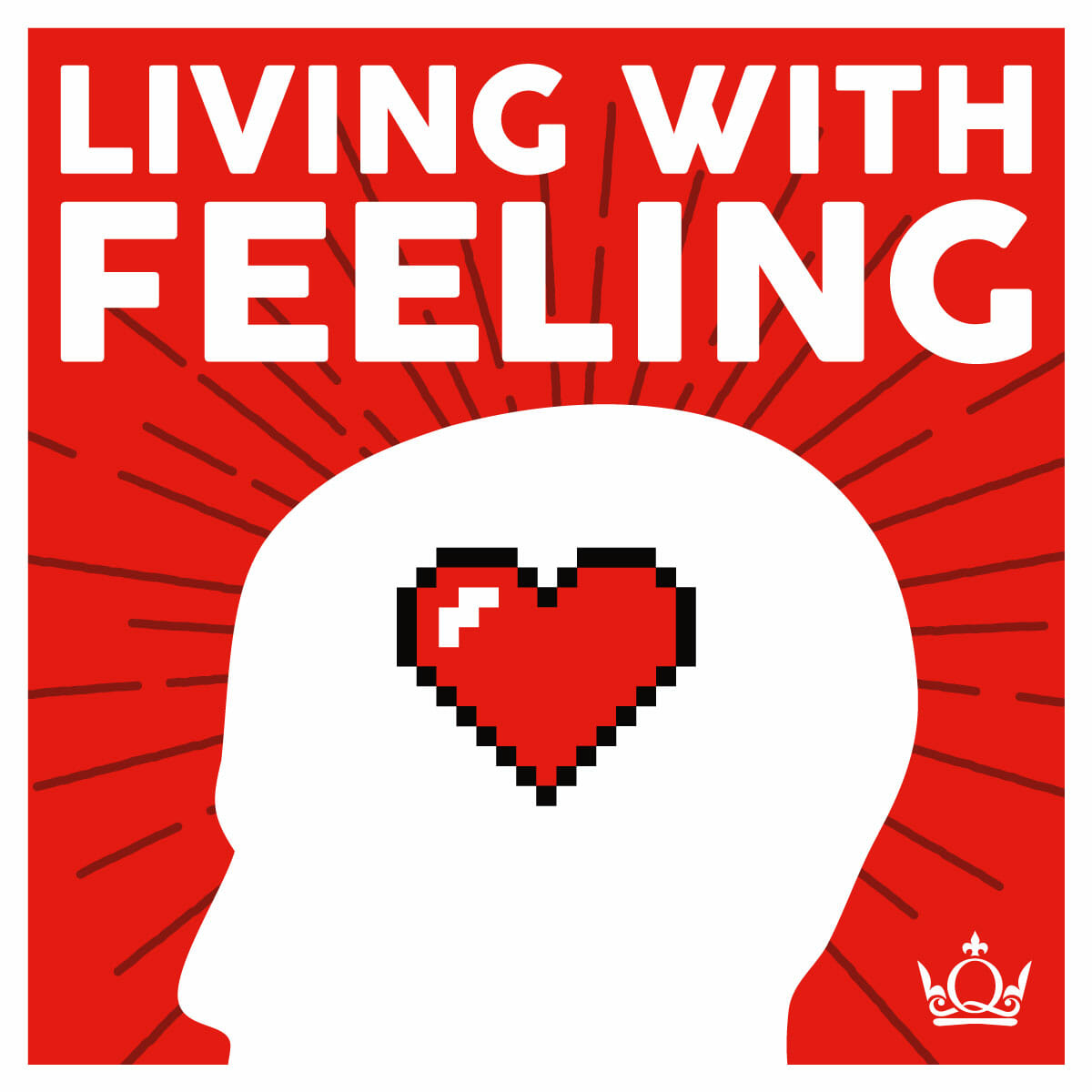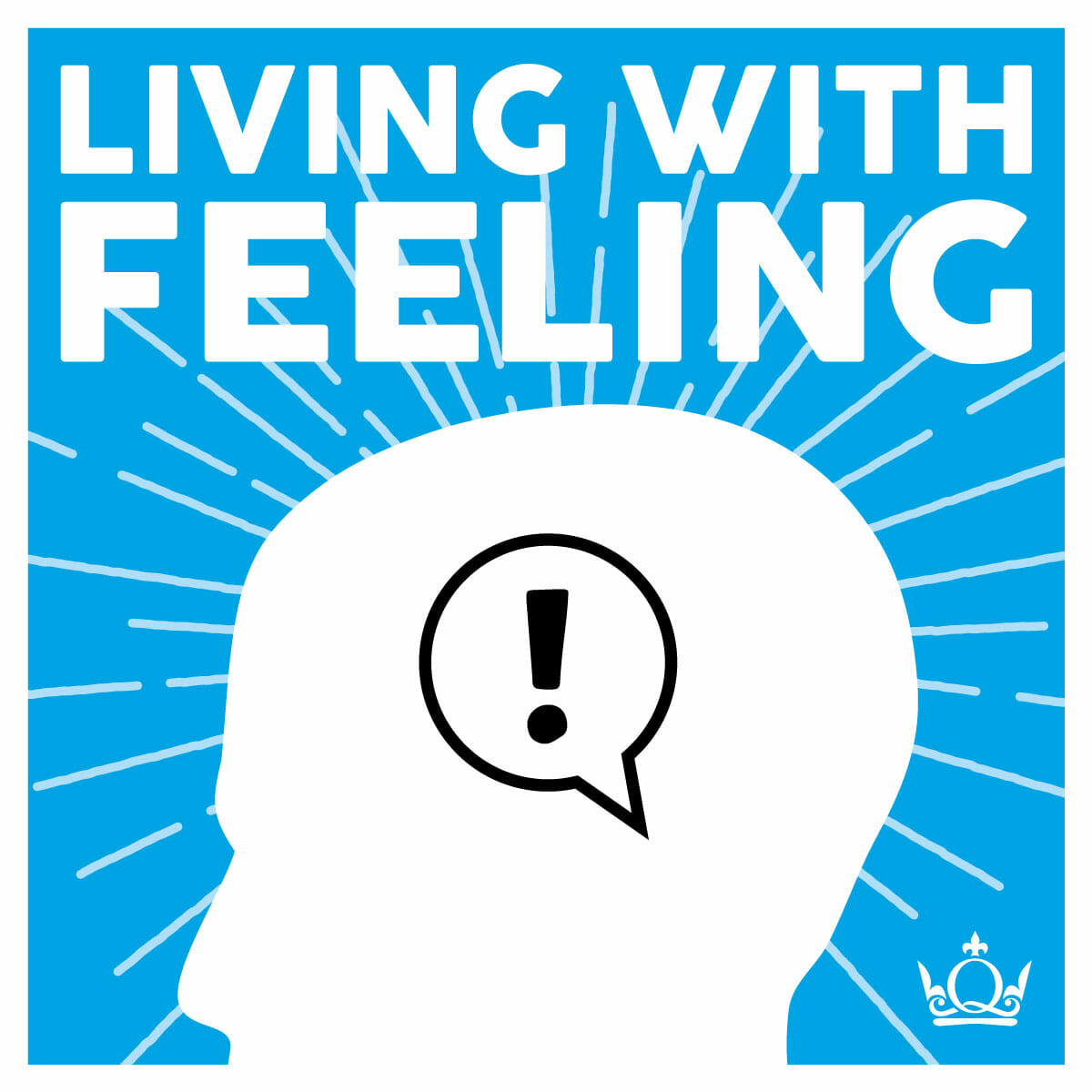Living with Feeling
Welcome to the Living With Feeling podcast, taking a fresh look at the worlds of feeling and emotion in the twenty-first century.
The series is presented by historians of emotion Thomas Dixon, Sarah Chaney, Emma Sutton, and Richard Firth-Godbehere, and is brought to you by the team behind the award-winning Sound of Anger series. Across six episodes, we will hear from emotional experts in the fields of AI, education, healthcare, and psychotherapy.
Should schools offer children happiness lessons? How would you feel about being cared for by a robot nurse? What is the meaning of the rapid expansion of childhood trauma as a cultural and psychological phenomenon? Can AI measure our emotions accurately, or even help us be happy?
Join the Living With Feeling team for lively conversations and surprising insights into emotions past, present, and future!
Our brilliant contributors include Philippa Perry, Giles Fraser, Katharine Birbalsingh, and many more. If you’d like a taster you can listen to a short trailer here.
All six episodes are available to listen to below, or you can access the whole series on Acast, SoundCloud, Apple Podcasts, and Spotify.
Living With Feeling is produced by Natalie Steed for Rhubarb Rhubarb, and brought to you by the Queen Mary Centre for the History of the Emotions. We are grateful to the Wellcome Trust for their generosity in making this series possible.
Episodes
1. Rethinking Emotions
In this opening episode of the ‘Living With Feeling’ podcast, historian of emotions Thomas Dixon discusses some of the big questions about feelings with psychotherapist Philippa Perry and Anglican priest and author Giles Fraser.
2. Robot Nurses
Historian of nursing and emotions Sarah Chaney investigates the brave new world of care robots, asking if they could ever be effective nurses. Does effective care have an emotional dimension which requires an authentically human touch?
3. Happiness Lessons
Thomas Dixon goes back to the classroom to find out what children are learning in new lessons about feelings, wellbeing, and emotional literacy- as well as hearing from Katharine Birbalsingh about her more stoical ethos.
4. Childhood Trauma
In recent years there has been a surge of interest in “trauma-informed” approaches to therapy and education. Historian of childhood Emma Sutton investigates the history, significance, and changing meanings of trauma today.
5. Emotional AI
How do mental health apps and mood-trackers shape our emotional lives in the twenty-first century? Historian of emotions Richard Firth-Godbehere delves behind the technology to find the underlying scientific theories and ethical conundrums.
6. Future Feelings
Looking back over the whole series, Thomas Dixon, Sarah Chaney, and Richard Firth-Godbehere ask what a historical perspective can bring to our understanding of feelings, both today and in the future.







